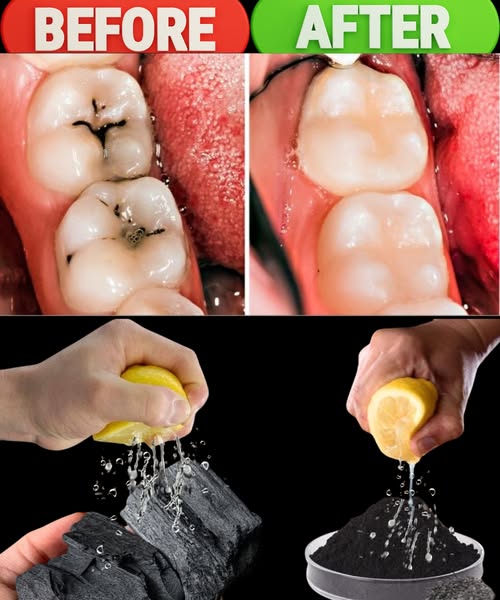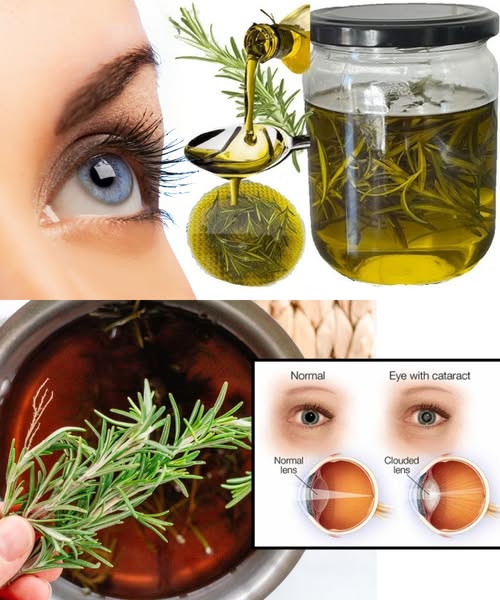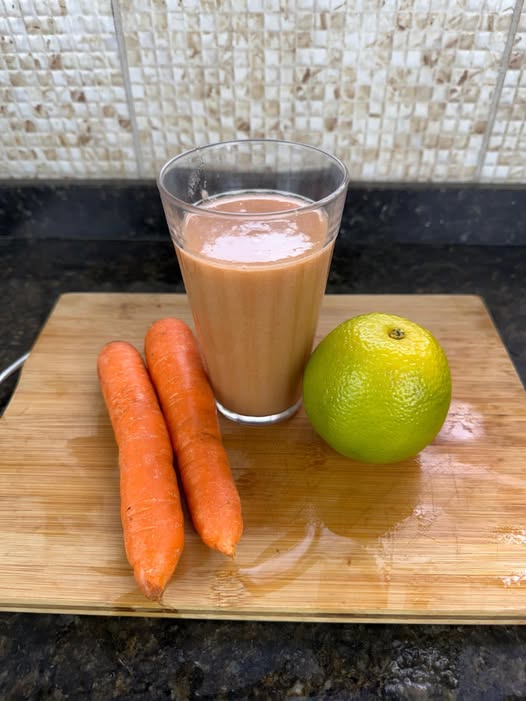Introduction
Dental health is a cornerstone of overall well-being, yet many people are surprised to learn that tooth decay is the most common health condition worldwide. According to the World Health Organization, nearly 2.5 billion people suffer from cavities every year. Dentists often recommend fillings, root canals, or even extractions to address cavities—but what if you could naturally repair early tooth decay and prevent cavities from worsening without rushing to the dentist?
While severe cavities often require professional treatment, minor cavities and early signs of decay (enamel demineralization) can be slowed down—or even reversed—through diet, lifestyle changes, and natural remedies. This guide will walk you through 9 proven strategies to naturally repair a cavity, supported by research and traditional wisdom, while addressing frequently asked questions.
If you’re looking for practical, science-backed, and natural solutions to protect your teeth, keep reading. These tips may just save you from unnecessary pain, expensive dental bills, and unwanted procedures.
What Is a Cavity and Can It Really Be Reversed?
A cavity forms when harmful bacteria in your mouth produce acids that break down tooth enamel. If left untreated, the decay progresses into deeper layers of the tooth, causing pain and infection.
But here’s the key insight:
👉 Early-stage cavities (enamel erosion) can be naturally repaired through remineralization.
Once decay penetrates deep into the dentin or pulp, natural remedies can only slow progression—not reverse the damage.
That’s why acting quickly when you first notice sensitivity, discoloration, or small pits in your teeth is critical.
9 Natural Ways to Repair a Cavity and Strengthen Your Teeth
1. Optimize Your Diet for Oral Health
The foods you eat directly influence cavity formation and repair. Nutrient-rich diets that promote remineralization are essential.
- Calcium-rich foods (milk, cheese, yogurt, leafy greens, sesame seeds) rebuild enamel.
- Phosphorus-rich foods (eggs, fish, nuts, seeds) help absorb calcium into teeth.
- Vitamin D (sunlight, fatty fish, fortified milk) enhances calcium absorption.
📊 Fact: Studies show people with adequate Vitamin D intake reduce their risk of cavities by up to 50%.
Action Tip: Follow a diet similar to Dr. Weston A. Price’s research on indigenous communities—high in fat-soluble vitamins and minerals, and low in processed foods.
2. Cut Out Sugar and Acidic Foods
Sugar is cavity bacteria’s favorite fuel. When consumed, bacteria release acid that erodes enamel.
🚫 Avoid: soda, candy, pastries, white bread, fruit juices, and acidic drinks.
✅ Replace with: whole fruits, nuts, and filtered water.
Action Tip: If you do consume sugar, rinse your mouth with water immediately and chew sugar-free gum with xylitol, which neutralizes acid and boosts saliva production.
3. Oil Pulling: An Ancient Remedy for Stronger Teeth
Oil pulling is a traditional Ayurvedic practice where you swish oil in your mouth to reduce harmful bacteria.
- Use coconut oil or sesame oil.
- Swish for 10–20 minutes daily.
- Spit out the oil and rinse with warm water.
📊 Fact: Research shows oil pulling can reduce oral bacteria by up to 50%, comparable to some mouthwashes.
4. Use Remineralizing Toothpaste and Powders
Most commercial toothpaste contains fluoride, which strengthens enamel. But there are also natural remineralizing alternatives:
- Hydroxyapatite toothpaste (a natural mineral that rebuilds enamel).
- Baking soda (neutralizes acids).
- Calcium and magnesium powders (remineralize teeth).
Action Tip: Brush gently in circular motions to avoid damaging enamel further.
5. Drink Mineral-Rich Bone Broth
Bone broth is rich in collagen, calcium, magnesium, and phosphorus—nutrients essential for strong teeth and gums.
How to Use:
- Drink one cup daily.
- Use as a base for soups and stews.
📊 Fact: Bone broth provides type II collagen, which supports gum tissue and jawbone strength.
6. Boost Saliva Production Naturally
Saliva is your body’s natural defense against cavities—it washes away bacteria and balances pH.
To increase saliva production:
- Stay hydrated with filtered water.
- Chew sugar-free xylitol gum.
- Eat crunchy vegetables like carrots and celery.
7. Supplement with Key Vitamins
Some vitamins are especially critical for dental health:
- Vitamin D – enhances calcium absorption.
- Vitamin K2 – directs calcium into teeth and bones, not arteries.
- Vitamin A – supports tooth enamel formation.
Action Tip: A combination of Vitamin D3 + K2 supplements works synergistically to strengthen teeth.
8. Use Herbal Remedies for Oral Healing
Certain herbs naturally fight bacteria and promote oral healing:
- Clove oil – natural pain reliever and antibacterial.
- Neem – used in Ayurveda for centuries as a natural toothbrush.
- Licorice root – reduces cavity-causing bacteria.
How to Use: Dilute essential oils with a carrier oil and apply directly to gums and affected areas.
9. Practice Consistent Oral Hygiene
Natural methods won’t work without consistent hygiene. A simple yet effective daily routine includes:
- Brushing twice a day (preferably with remineralizing toothpaste).
- Flossing once daily to remove plaque.
- Rinsing with salt water or herbal mouthwash.
Frequently Asked Questions (FAQs)
1. Can cavities really heal without a dentist?
Yes—but only in the early stages (enamel demineralization). Once decay progresses deep into the tooth, professional treatment is required.
2. How long does it take to heal a cavity naturally?
Remineralization can begin within a few weeks, but noticeable results may take 3–6 months of consistent effort.
3. What are the signs that a cavity is healing?
- Reduced tooth sensitivity.
- No further discoloration or spreading.
- Stronger enamel surface upon dental checkup.
4. Is fluoride necessary for repairing cavities?
Fluoride helps remineralize enamel, but hydroxyapatite and dietary minerals can be equally effective alternatives for those avoiding fluoride.
5. What natural foods fight cavities best?
- Cheese, yogurt, leafy greens, bone broth, and fatty fish.
- Crunchy vegetables like celery and carrots.
- Xylitol gum as a sugar substitute.
Key Statistics That Matter
- 2.5 billion people worldwide have untreated cavities.
- Children with high sugar intake are twice as likely to develop cavities.
- Vitamin D deficiency increases cavity risk by up to 50%.
- Oil pulling has been shown to reduce harmful oral bacteria by half.
These numbers prove that prevention and natural care strategies are not just old wives’ tales—they’re evidence-based practices that can save your teeth.
Conclusion
Cavities don’t have to mean endless dental visits, painful treatments, and hefty bills. By making small yet powerful changes to your diet, oral hygiene, and lifestyle, you can naturally repair early cavities, strengthen your enamel, and prevent future decay.
Remember the 9 strategies:
- Eat a nutrient-rich diet.
- Eliminate sugar and acidic foods.
- Practice oil pulling.
- Use remineralizing toothpaste.
- Drink bone broth.
- Boost saliva production.
- Supplement with essential vitamins.
- Use herbal remedies.
- Maintain consistent oral hygiene.
The secret to strong, cavity-free teeth lies not just in the dentist’s chair—but in your daily habits, food choices, and natural remedies. By applying these tips consistently, you’re not just saving your teeth—you’re investing in long-term oral health and overall well-being.
👉 Take charge today and let your smile shine with confidence, naturally.



